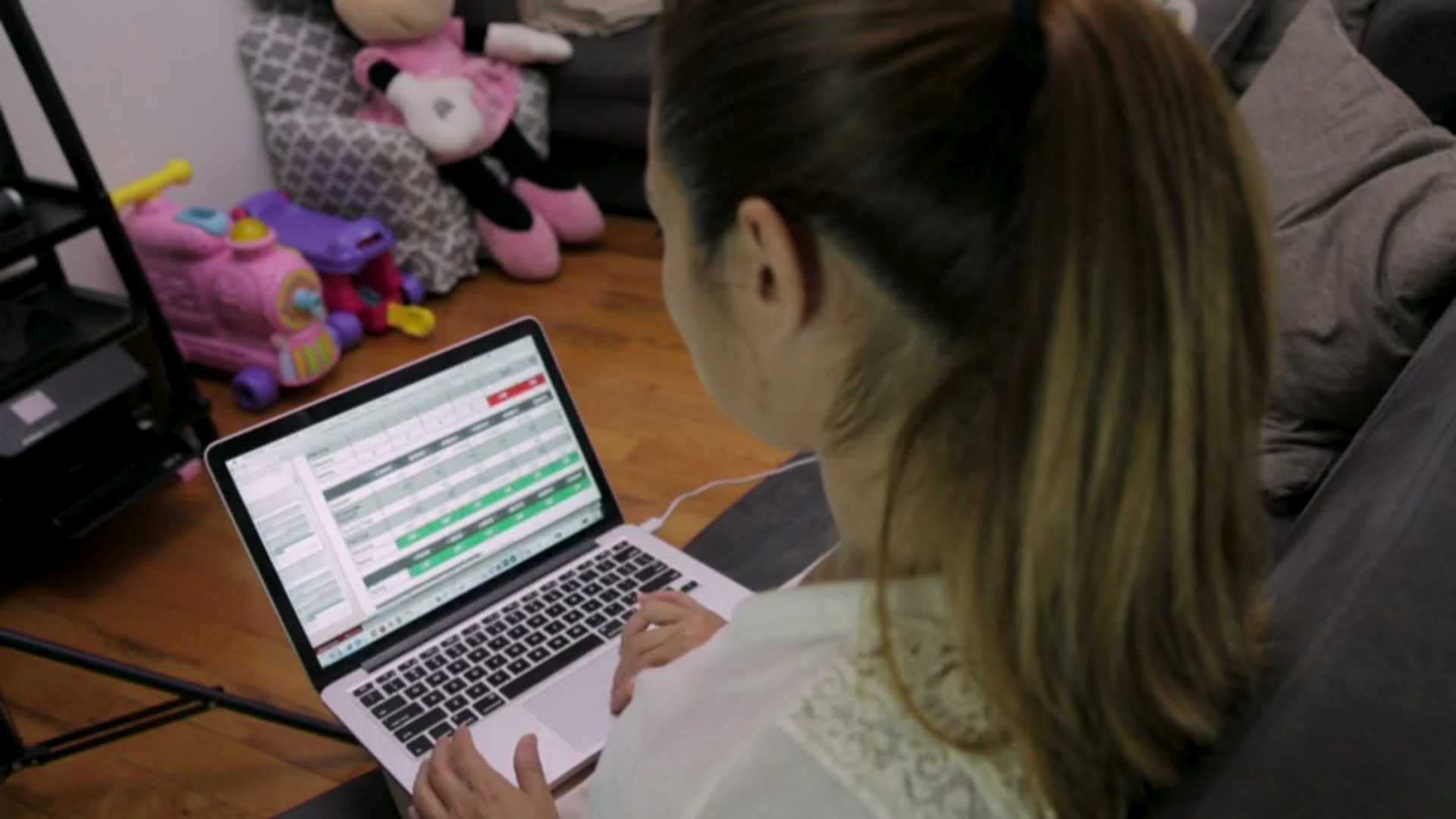Cash is king, as the saying goes, but not many of us carry it around anymore. Instead, peer-to-peer (P2P) payment apps, such as PayPal, Venmo, and Zelle, give the convenience of cash right on our phones. But what happens when something goes wrong, for example, a type of scam? Could your hard-earned money be at risk? Consumer Reports explains how to protect your P2P electronic payments.
The main risk in using a P2P app is that you have no recourse in getting your money back if you send money to a scammer or to the wrong person, or if you send the wrong amount because of a typo.
Last year alone, the Federal Trade Commission says, there were more than 70,000 reports of fraud and $130 million in losses with mobile payment apps.
And the apps are under fire from consumer advocates demanding protection from fraud and user error.
Get DFW local news, weather forecasts and entertainment stories to your inbox. Sign up for NBC DFW newsletters.
But until that happens, CR says one way to protect your payments using P2P apps is to link your credit card to the app and fund your payments through the credit card.
When you do that, you could benefit from the same purchase protection that your credit card offers. But it might not be free. Many P2P apps charge about 3% when you use a credit card.
If you do choose to keep your P2P app linked to your bank account, CR offers this word of caution: If you are going to be using your P2P account for things like sending money to people you don't know, you really have to be very careful because you have no way to get that money back if something goes wrong, and that could be very costly.
Consumer Reports
The latest news from Consumer Reports magazine.
Consumer Reports contacted Cash App, PayPal, Venmo, and Zelle. All of them said keeping users informed and educated and protecting them from fraud are top priorities.
For details on which P2P apps can be linked to a credit card, as well as step-by-step instructions for doing it, please head to our website.



